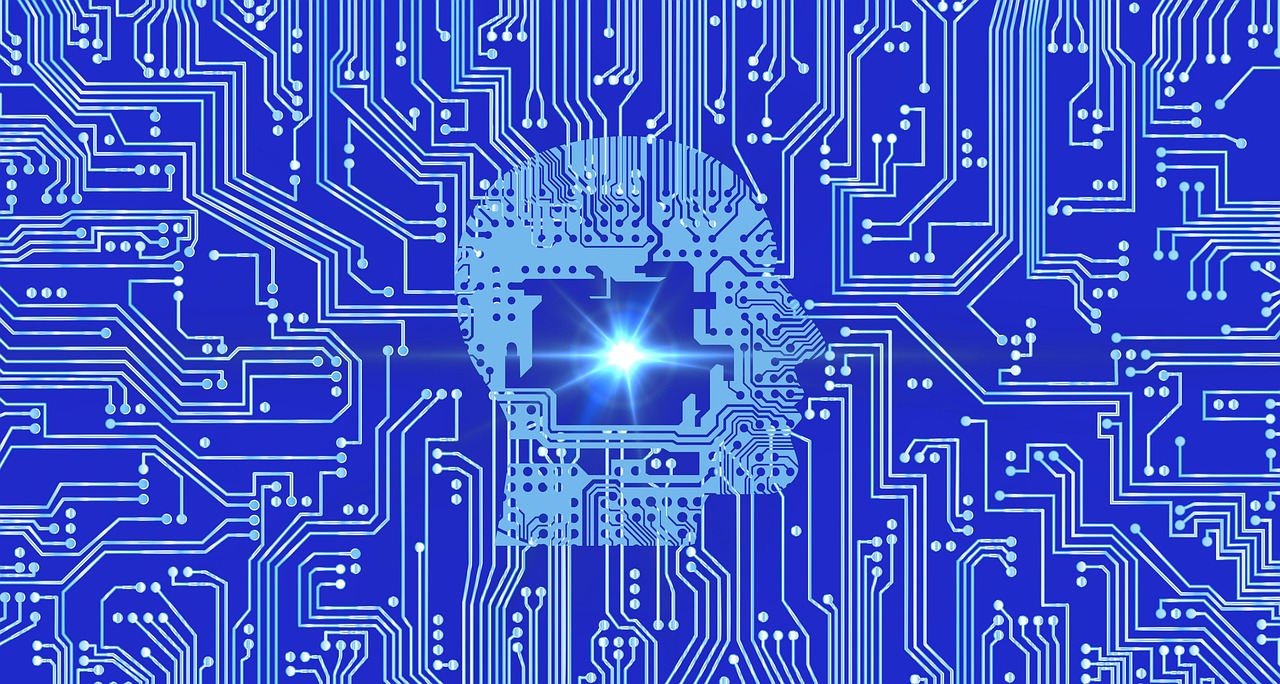Artificial Intelligence has evolved from a niche technological curiosity to a transformative force reshaping entire industries. Modern AI systems are no longer simple pattern-matching algorithms but complex neural networks capable of generating original content, making nuanced decisions, and adapting to complex environments.
The latest AI models demonstrate capabilities that border on genuine intelligence. Natural language processing has advanced to the point where AI can engage in contextually sophisticated conversations, generate human-like text, and even understand complex emotional nuances. Image generation has reached a stage where AI can create photorealistic images indistinguishable from human-created content.
Machine learning techniques have expanded dramatically. Transfer learning allows AI systems to apply knowledge from one domain to another, dramatically reducing training time and computational requirements. Few-shot and zero-shot learning enable AI to understand and perform tasks with minimal explicit training, mimicking human learning capabilities.
In professional domains, AI is transforming workflows. Medical diagnostic AI can now detect diseases with accuracy rivaling or exceeding human specialists. Scientific research AI accelerates discovery by analyzing complex datasets and generating hypotheses at speeds impossible for human researchers.
Ethical considerations have become increasingly important. As AI systems become more sophisticated, questions about bias, privacy, and potential societal impacts have moved from academic discussions to critical policy debates. Responsible AI development now requires multidisciplinary approaches involving technologists, ethicists, and policymakers.




